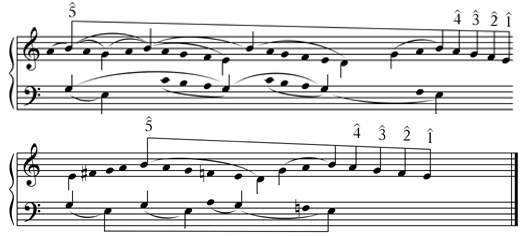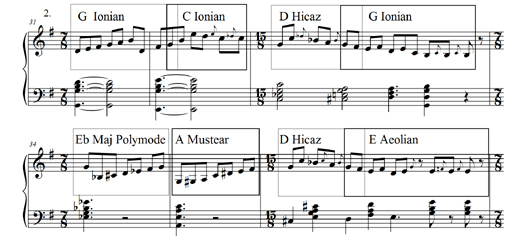PUBLICATIONS
By
Kalin S. Kirilov
© 2015 – Routledge
About the Book
An in-depth study of the Bulgarian harmonic system is long overdue. More than two decades since the Le Mystère des Voix Bulgares choir was awarded a Grammy (1990), there is no scholarly study of the captivating sounds of Bulgarian vertical sonorities. Kalin Kirilov traces the gradual formation of a unique harmonic system that developed in three styles of Bulgarian music: village music from the 1930s to the 1990s, wedding music from the 1970s to 2000, and choral arrangements (obrabotki) - creations of the socialist period (1944-1989), popularized by Le Mystère des Voix Bulgares. Kirilov classifies the different approaches to harmony and situates them in their historical and cultural contexts, establishing new systems for analysis. In the process, he introduces a new system for the categorization of scales.
Kirilov argues that the ready-made concepts that are frequently forced onto Bulgarian music - ‘westernization’, ‘socialist’ or ‘Middle Eastern influence’, are not only outdated but also too vague to be of use in understanding the sophisticated modal and harmonic systems found in Bulgarian music. As an insider who has performed, composed and arranged this music for 30 years, Kirilov is uniquely qualified to interpret it for an international audience.
Revival of Bulgarian Folk Music during Socialism and the Post-Socialist Transition:Music and Cultural Identity
MUSICultures (Journal of the Canadian Society for Traditional Music, Special Issue on Heritage and Revival), 37: 109-124
Abstract
This article juxtaposes two periods of Bulgarian folk music revival, which were separated by a period of rejection of Bulgarian traditions and cultural values, and problematizes the success of chalga, a pan-Balkan musical phenomenon from the post-socialist period. By engaging current research of American and Bulgarian scholars and reflecting on the author’s recent fieldwork and personal experiences as a performer of Bulgarian folk music, this study raises questions regarding the relationships between state-imposed nationalism and folk traditions, village culture and modern life, the role of media in the dissemination of musical traditions, and the importance of folk music in the construction of modern Bulgarian cultural identity.



